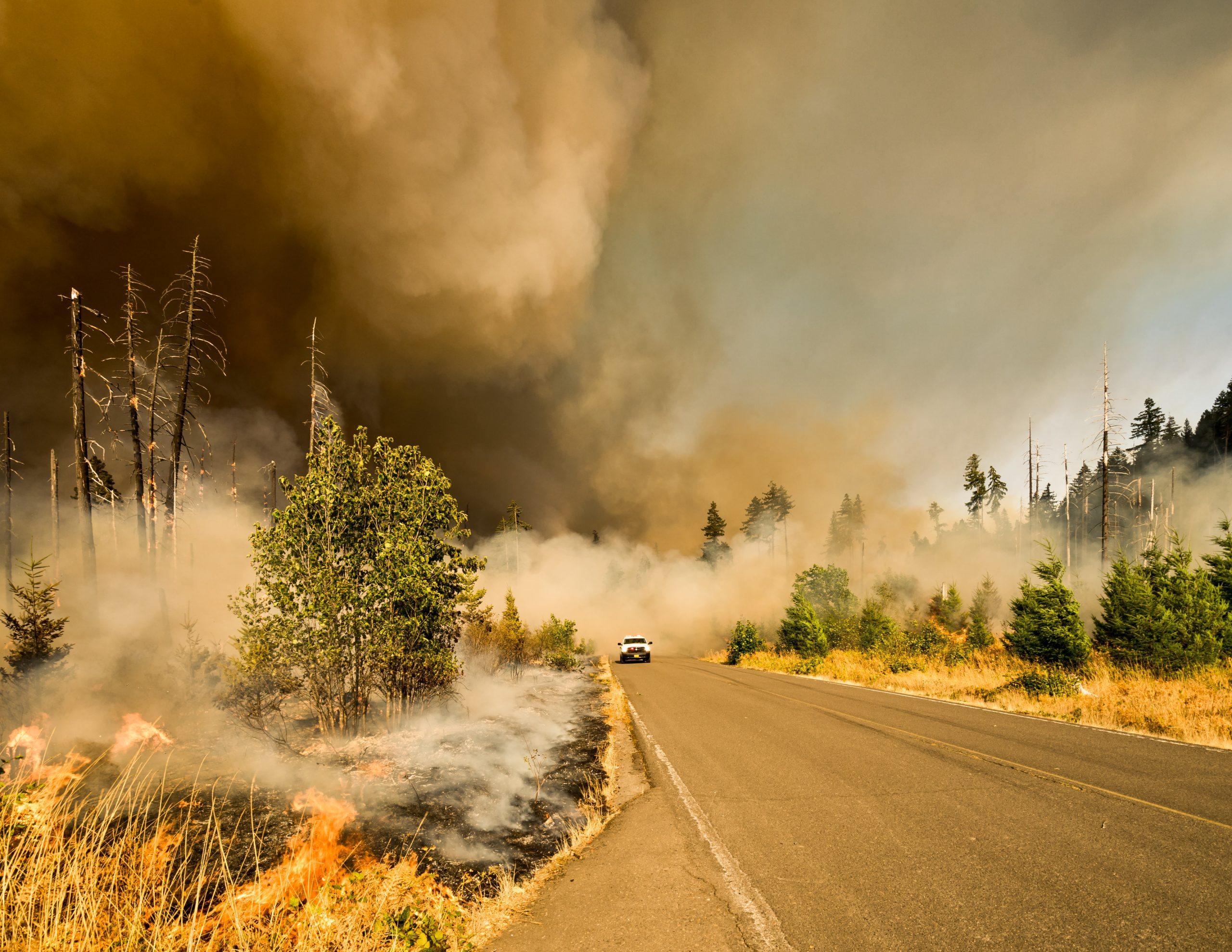
Preventing Catastrophic Wildfire Under Climate Change
Summary
Wildfires, damages, and deaths are increasing because of unnatural accumulations of wood from outdated forest policies and intensifying heat from human-caused climate change. Preventing catastrophic wildfires requires improved, science-based policies that will shift the government from after-the-fact firefighting to proactive controlled burning. This would improve the lives of Americans and the health of our ecosystems by reducing deaths and damage due to wildfire, restoring damaged forests that naturally require fire, and decreasing the carbon emissions that cause climate change.
This memorandum outlines a policy approach to achieve these outcomes. Executive action will establish a national strategy for proactive fire management. Legislation will ensure revenue neutral implementation by reallocating funds currently used for firefighting to less expensive and more effective fire prevention. Finally, fire managers will increase prescribed burning and use of natural fires, relying on scientific analyses to target areas at greatest risk under climate change.
FAS is launching the Center for Regulatory Ingenuity (CRI) to build a new, transpartisan vision of government that works – that has the capacity to achieve ambitious goals while adeptly responding to people’s basic needs.
This runs counter to public opinion: 4 in 5 of all Americans, across party lines, want to see the government take stronger climate action.
Cities need to rapidly become compact, efficient, electrified, and nature‑rich urban ecosystems where we take better care of each other and avoid locking in more sprawl and fossil‑fuel dependence.
Hurricanes cause around 24 deaths per storm – but the longer-term consequences kill thousands more. With extreme weather events becoming ever-more common, there is a national and moral imperative to rethink not just who responds to disasters, but for how long and to what end.